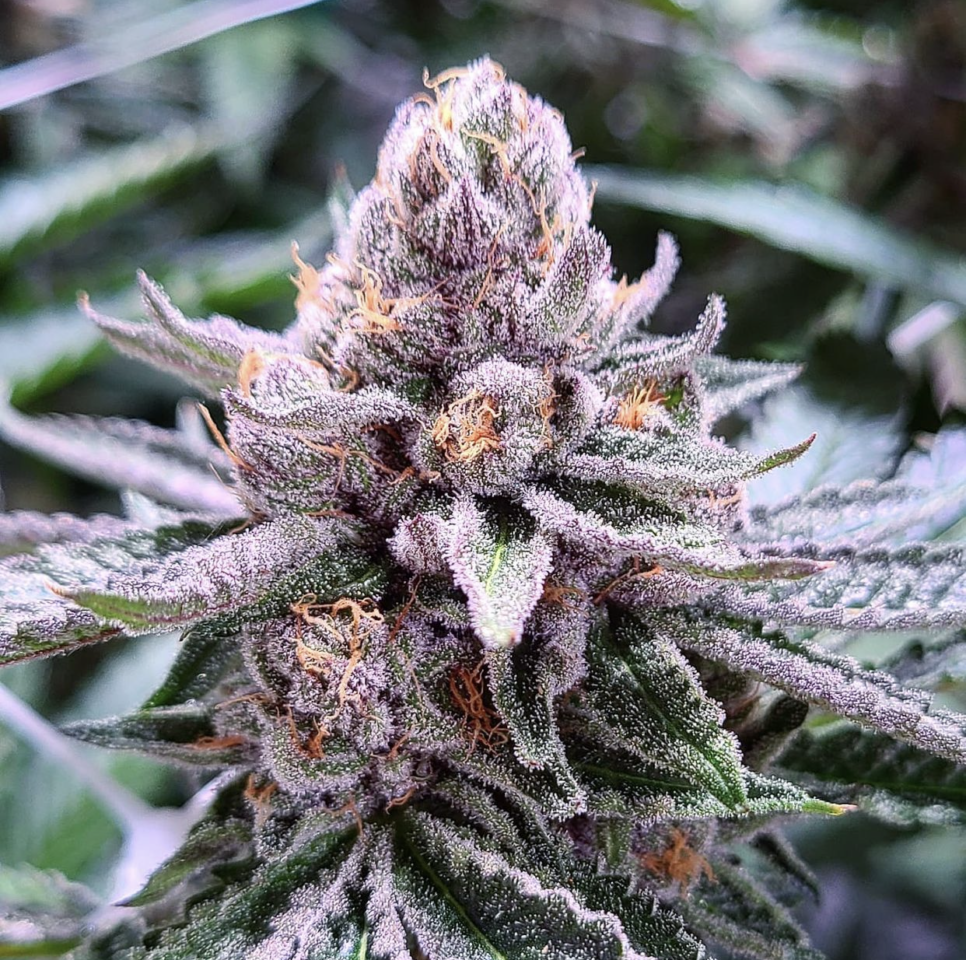A longtime Internal Revenue Service (IRS) official participated in a recent webinar where he made recommendations on how cannabis businesses can stay tax compliant.
The IRS Commissioner of Small Business/Self-Employment (SB/SE) Examination, De Lon Harris, participated in a PBC webinar on Wednesday, alongside PBC CEO and co-founder, Josh Radbod. There, he discussed the topic of how cannabis businesses can continue to be compliant, despite cannabis’ federal status.
“It’s really our mission at the IRS, not just with marijuana and cannabis industries, but with all taxpayers, to promote voluntary compliance,” Harris said during the webinar. “And that can happen in different ways. When most people think of the IRS, they think of examinations or audits and they think that’s the only way that we interact or try to promote voluntary compliance with taxpayers, but we do our fair share of outreach and education as well. Just like what we’re doing today.”
The PBC Conference is a B2B event for “payments, banking and compliance in the cannabis industry.” Harris was also a keynote speaker at the PBC Conference in 2021, held on September 9-10, 2021.
Harris also spoke of the IRS’ goal of reducing audits for the cannabis industry. “Regarding the cannabis marijuana industry, we developed a strategy that we hope will increase voluntary compliance and identify and address non-compliance when it’s there,” Harris said.
“Our focus is to positively impact filing and paying and reporting compliance on the part of all cannabis businesses to keep audits to a minimum.” On the IRS’ side, Harris noted that they seek to properly educate their examiners so they can conduct a quality examination, that the different sects of the IRS communicate properly with each other, and that they continue to partner with groups like the PBC to promote education.
As Radbod proceeded to ask Harris key questions during the webinar, he shared that cannabis statis as a Schedule I controlled substance doesn’t mean that taxes shouldn’t be paid. “As I’m sure you’re aware, and everybody listening, that a business engaged in the sale or production of marijuana or cannabis is considered illegal under federal law but nevertheless, it’s a business in every sense of the word, whether its categorized under federal statute as legal or illegal, it still remains to be obligated to pay federal income tax on the taxable income that it earns.”
The Internal Revenue Code 280E complicates matters, preventing businesses who sell cannabis from receiving tax deductions, even if those businesses operate legally in states that have legalized cannabis sales. However, that section does allow cannabis “to reduce their gross receipts by properly calculating a cost of goods sold to determine its income.” While a cannabis business can’t deduct advertising or selling expenses, it can reduce gross receipts, according to internal revenue code 471.
Harris highly recommended that cannabis businesses strive to keep records of their receipts, canceled checks and any other documents that support evidence of income. “Well-organized records make it much easier to prepare the tax return, and to help provide answers if your return is selected by the IRS for an audit.”
Harris explained that all of this and more is available on the IRS website; however, users must search for “marijuana” in order to find information, rather than using the keyword “cannabis” for the time being.
“So we’re making that change, but for now, you would type in ‘marijuana industry,’ and it would pull up the page that we give you information about, not only general information that would help you understand and meet tax responsibilities required by the cannabis industry, but the page which includes links to pages of more specific information,” he concluded.
The post IRS Commissioner Shares Recommendations for Cannabis Businesses appeared first on High Times.



